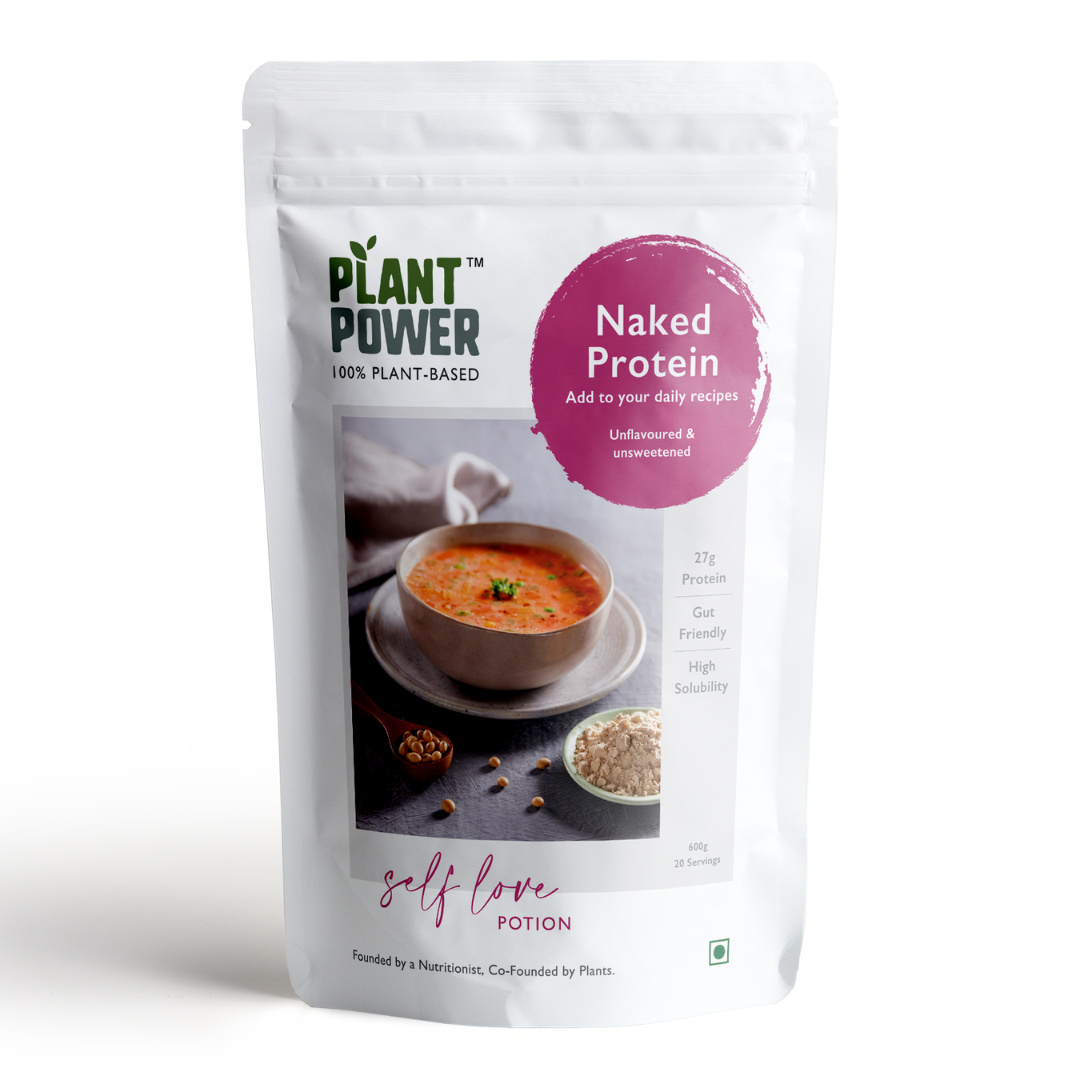
The Many Sins of Sugar
Share
Just A spoonful of sugar makes the medicine go down. Really?
The point is overdose of both sugar and medicine stay in your system and leads to nothing but toxicity and dis-ease.
Sugar and Glucose are not synonymous. Sugar is nothing but empty calories Glucose is the end product of all foods we eat mainly carbohydrates and also protein and fat. Our brain only 2% in weight uses 70% of the body glucose Every Body needs glucose to survive and not sugar. More importantly sugar is highly acidic to the body
Where is sugar ? Everywhere, when it comes to food and drinks. Bread and breakfast cereals, tomato and barbecue sauces, fruits and vegetables, protein boxes and fizzy drinks, desserts and alcohol .
Many forms Of Sugar
- White Sugar
- Brown Sugar
- Liquid Sugar
- Sugar Alcohols
- Sweeteners
So Are you addicted to sugar? Answer these
- Do you struggle to walk past a sugary treat without taking ‘just one’?
- Does your daily routine work around sugar consumption – needing a piece of chocolate to relax in front of the television?
- Are there times when you feel as if you cannot go on without a sugar hit?
- do you develop headaches and get irritable often and rush for that sugar treat?
If you answered ‘yes’ to one of the questions above, you are addicted
Dr. David Reuben, author of Everything You Always Wanted to Know About Nutrition says, “white refined sugar-is not a food. It is a pure chemical extracted from plant sources, purer in fact than cocaine, which it resembles in many ways. Its true name is sucrose and its chemical formula is C12H22O11. It has 12 carbon atoms, 22 hydrogen atoms, 11 oxygen atoms, and absolutely nothing else to offer.” …The chemical formula for cocaine is C17H21NO4. Sugar’s formula again is C12H22O11. For all practical purposes, the difference is that sugar is missing the “N”, or nitrogen atom.”
Why say NO?
Sugary ills are more than you can imagine starting with
- Low energy
- Bowel Disorders
- Dental Decay
- Mood Swings
- Hyperactivity in children and Adults
- Obesity
- Underweight
- Urinary Tract Infections
- Diabetes
- Hormonal Imbalances
- Gout
- Polycystic Ovarian Disorders
- Leptin resistance
- Candida
- Cancer

